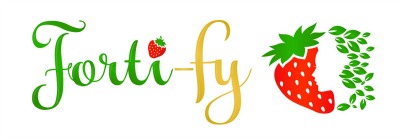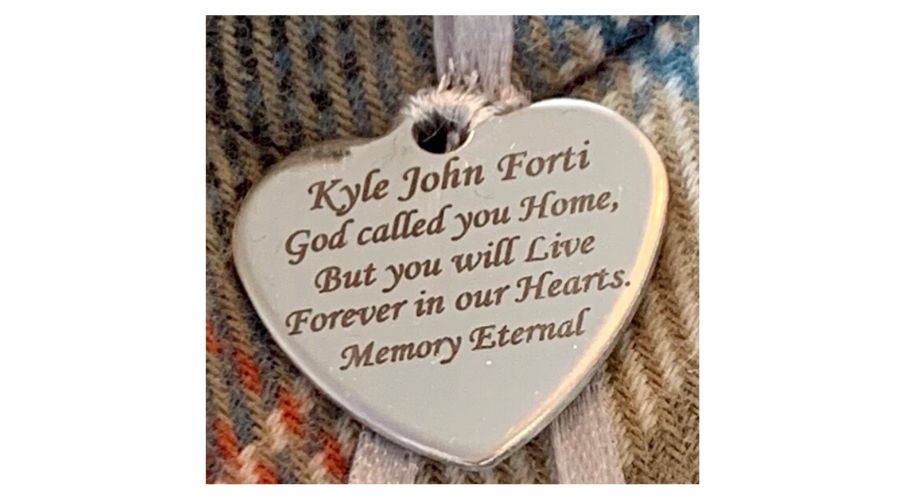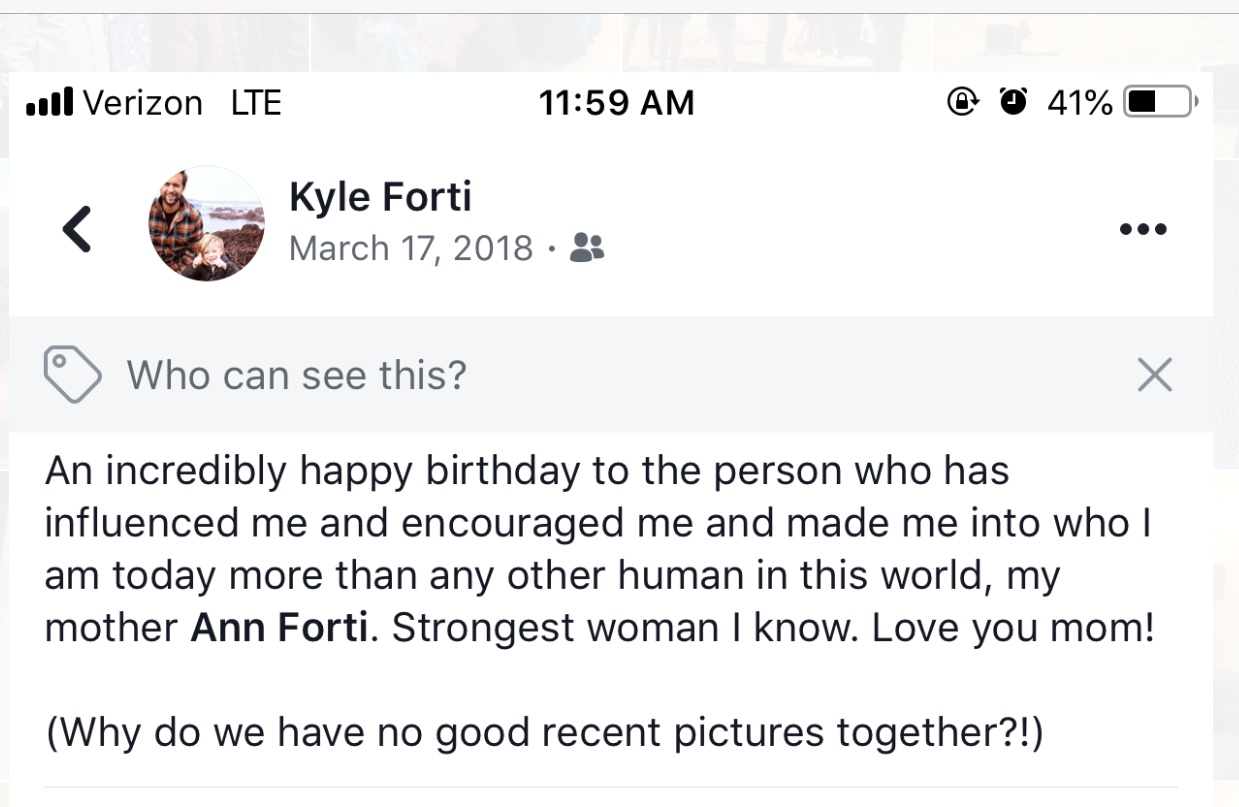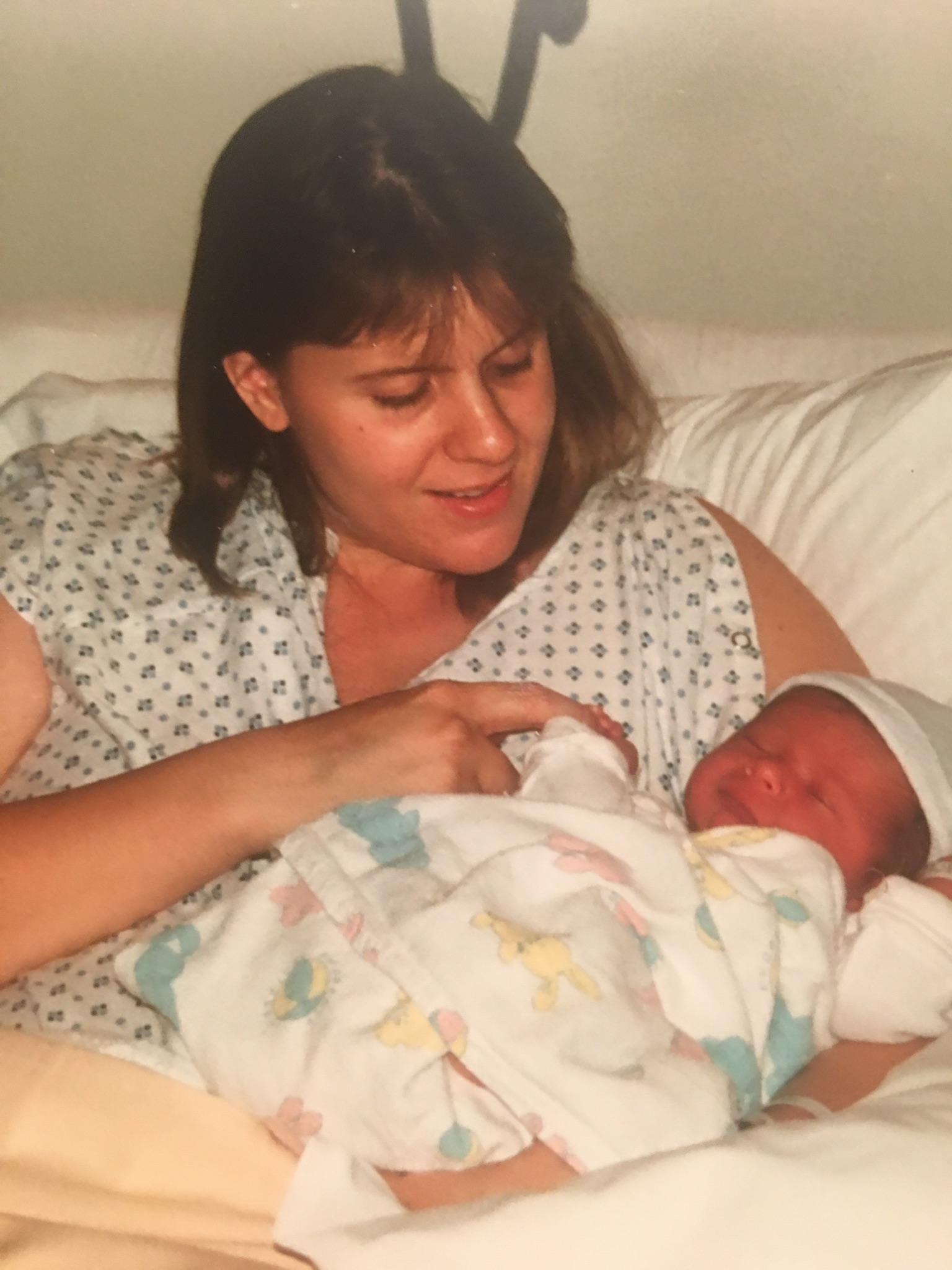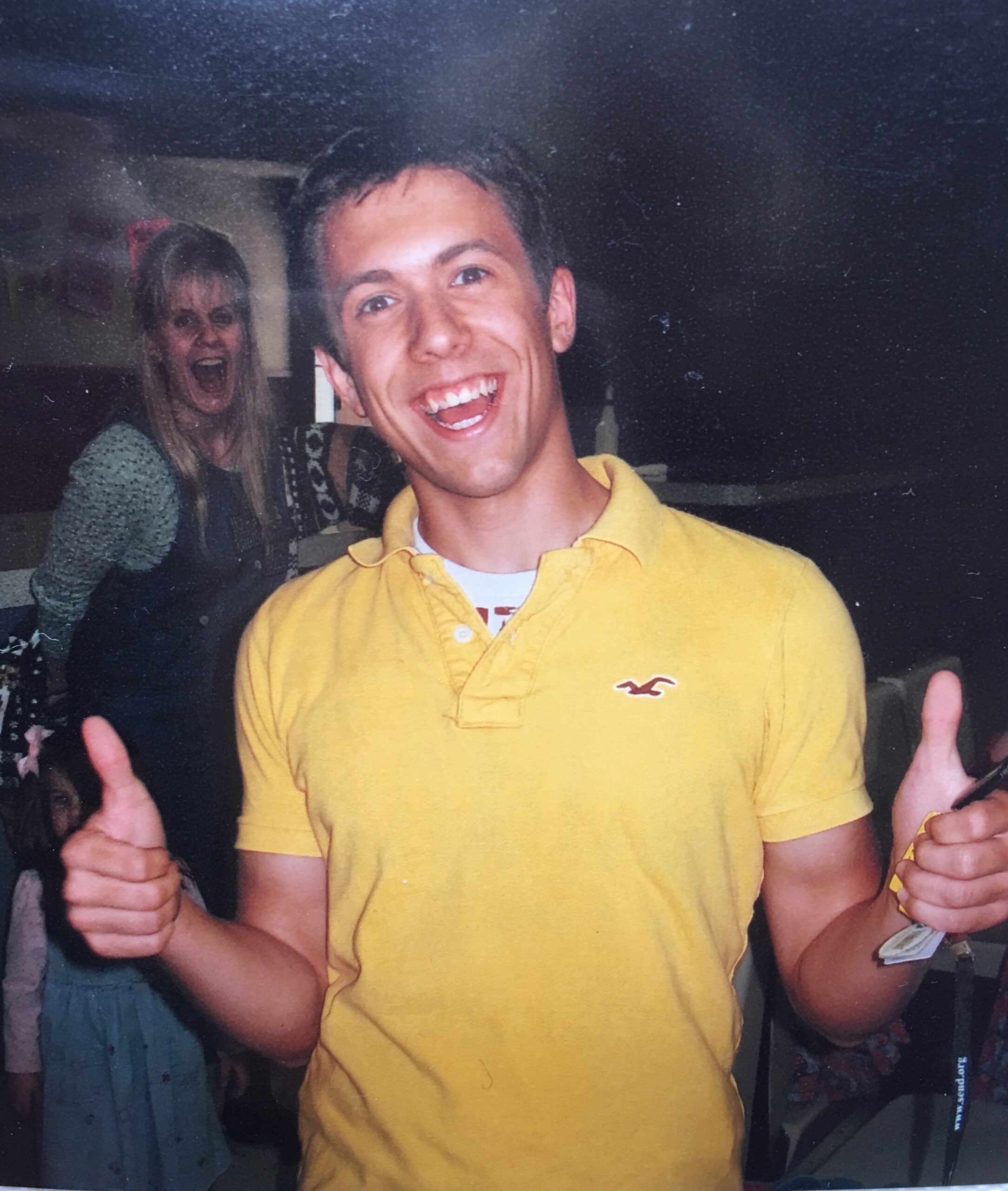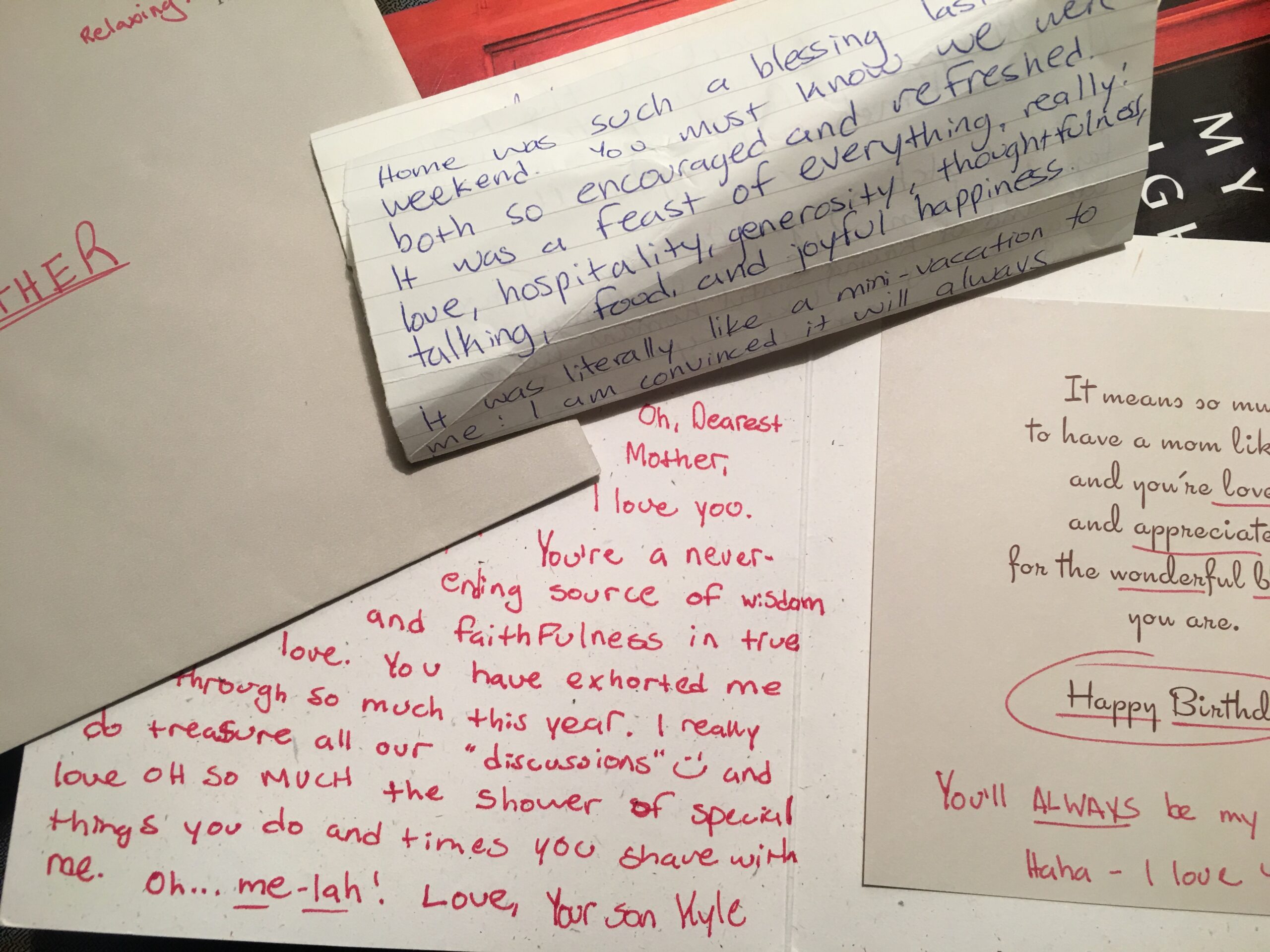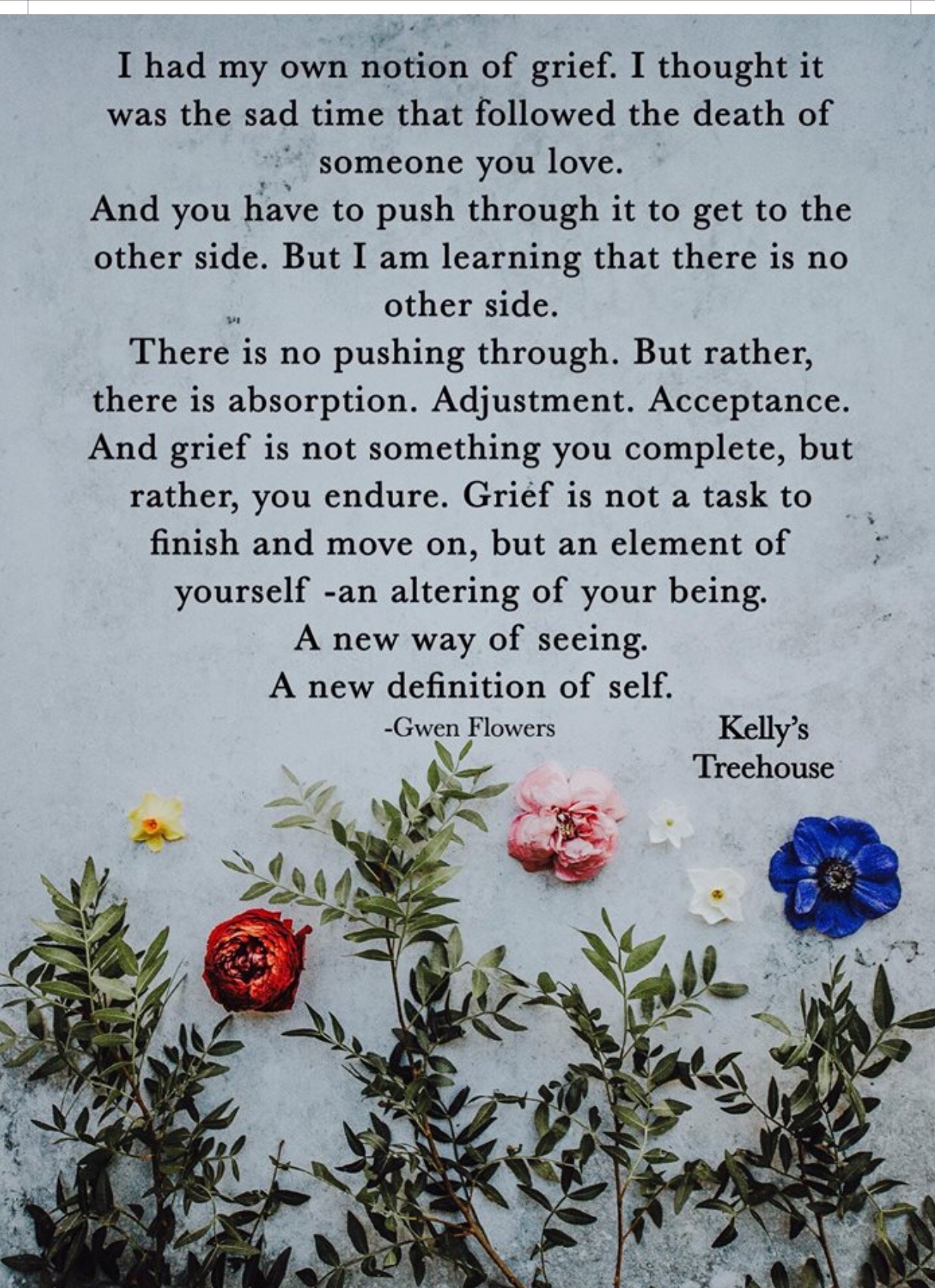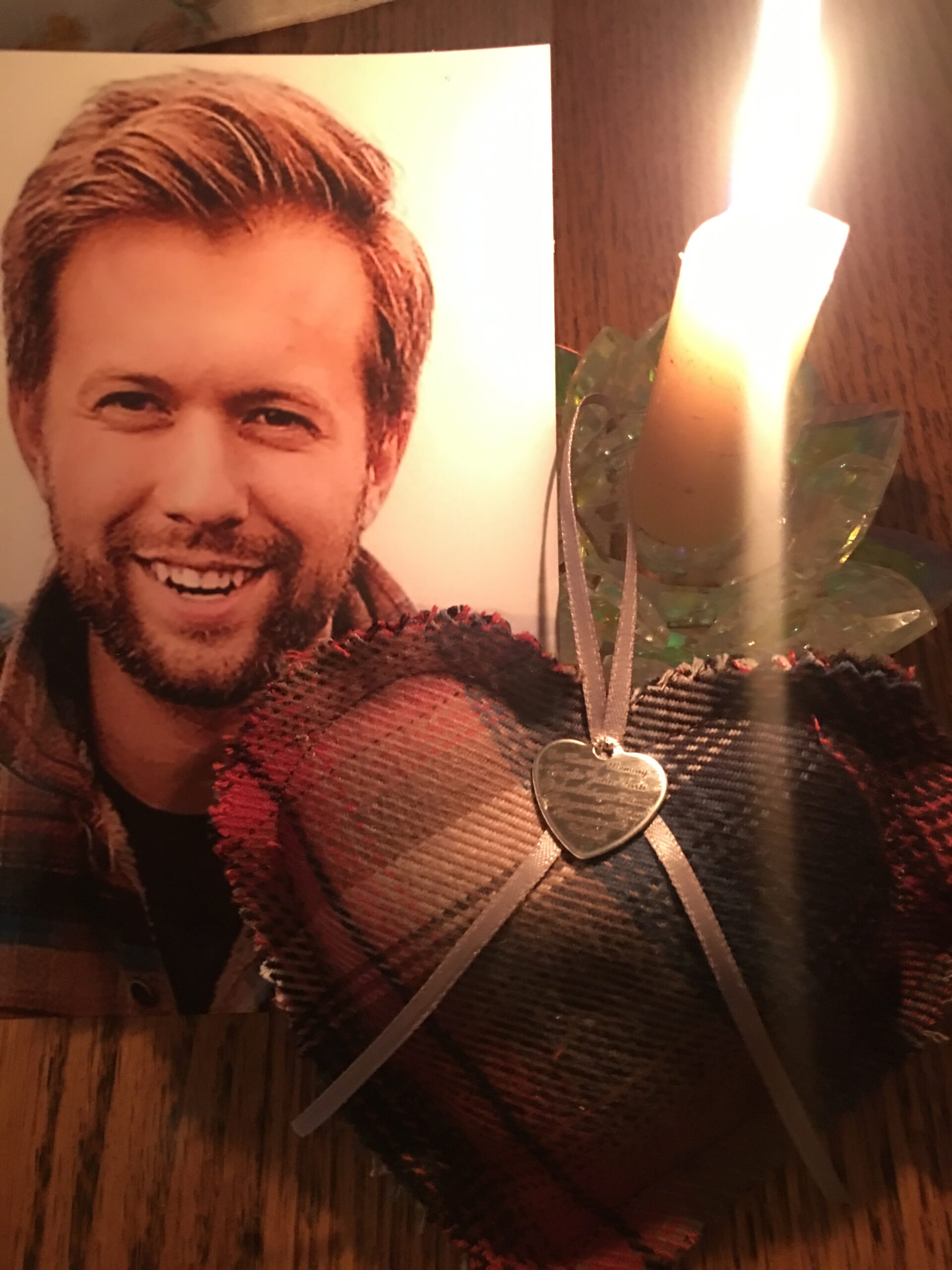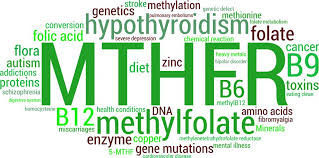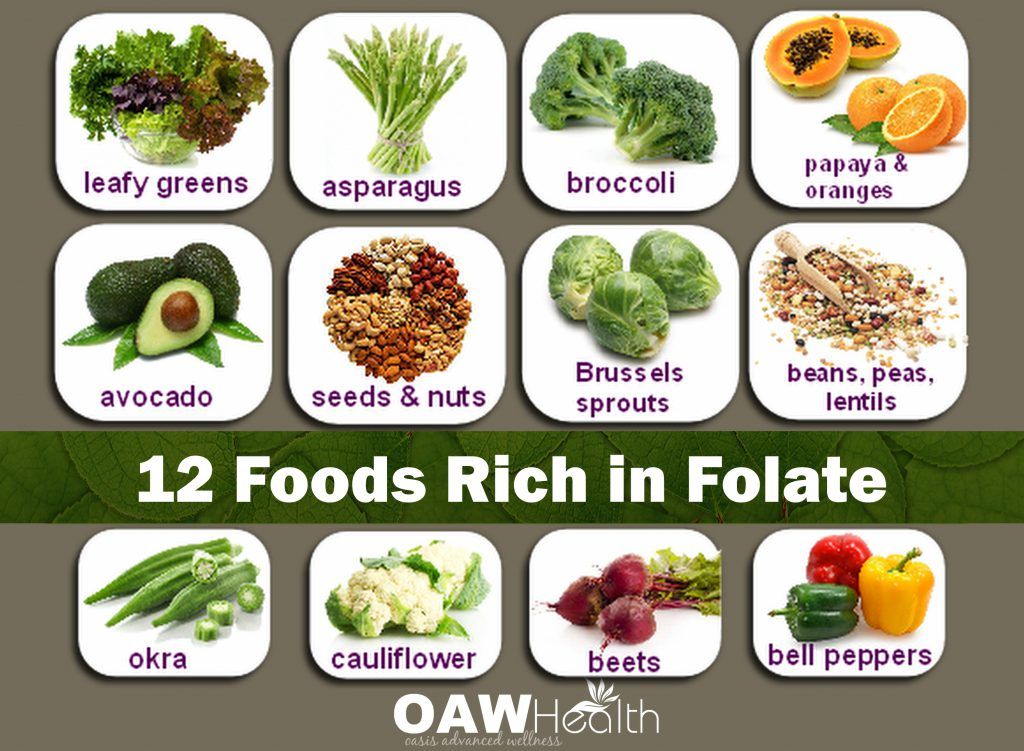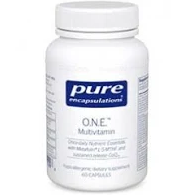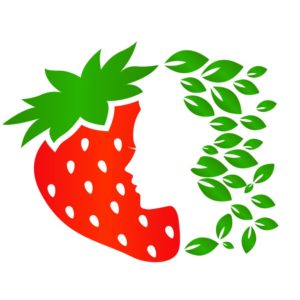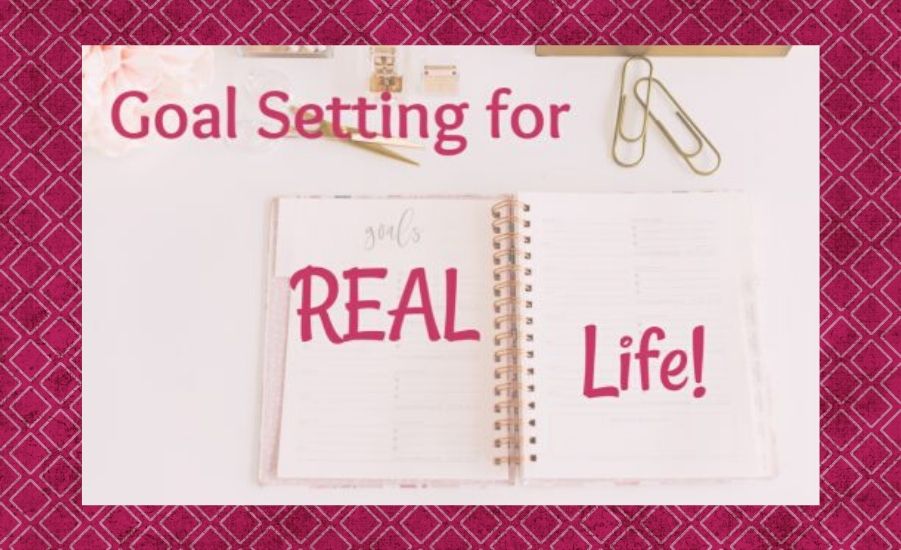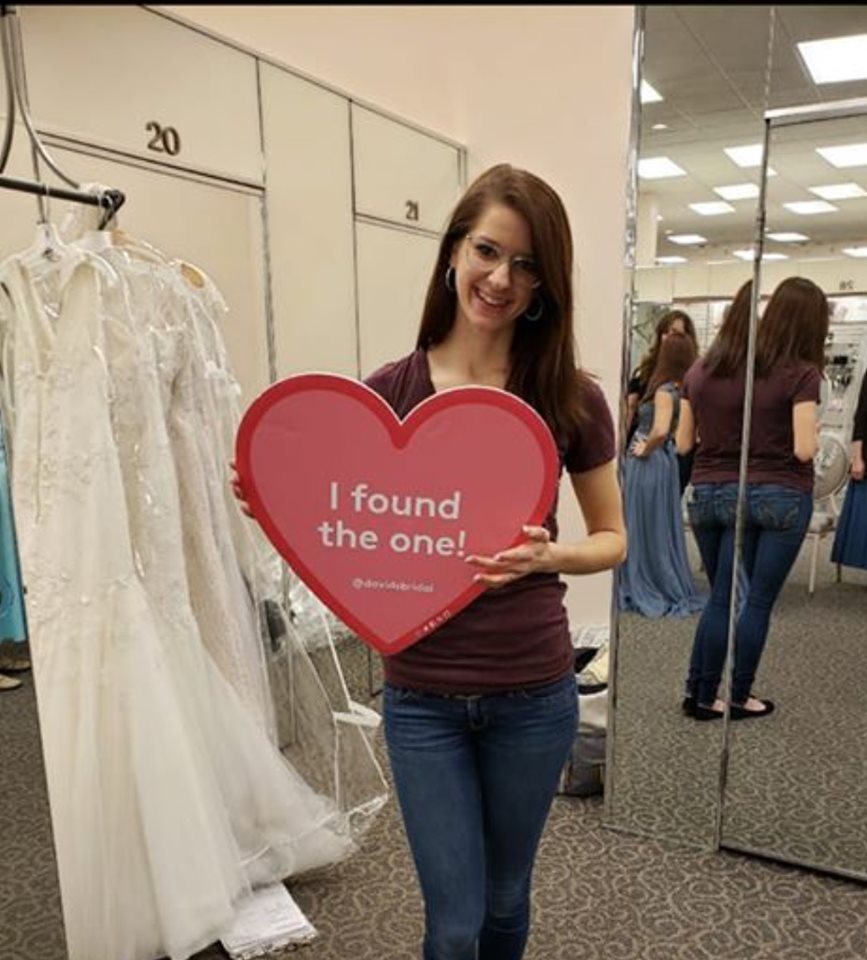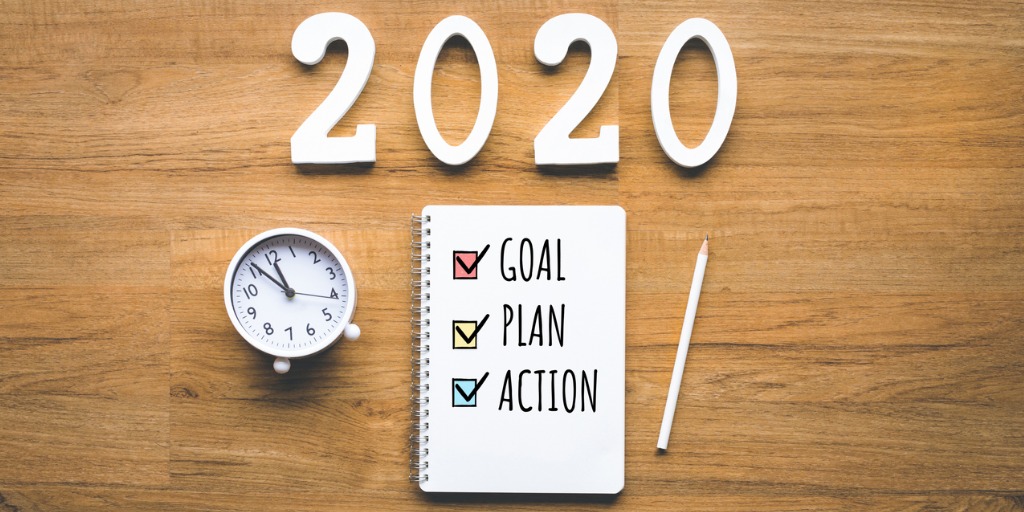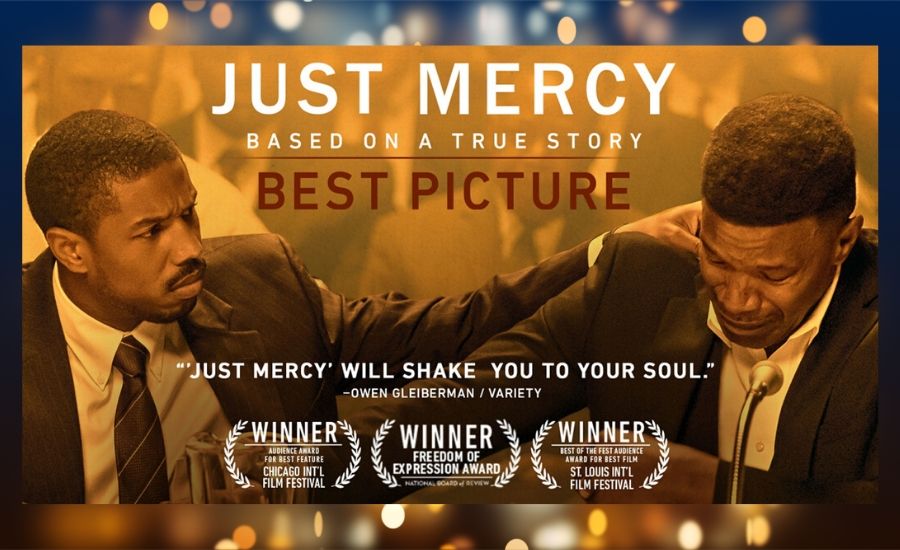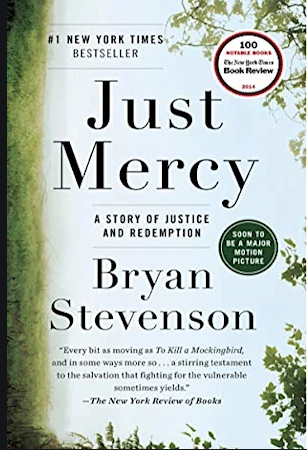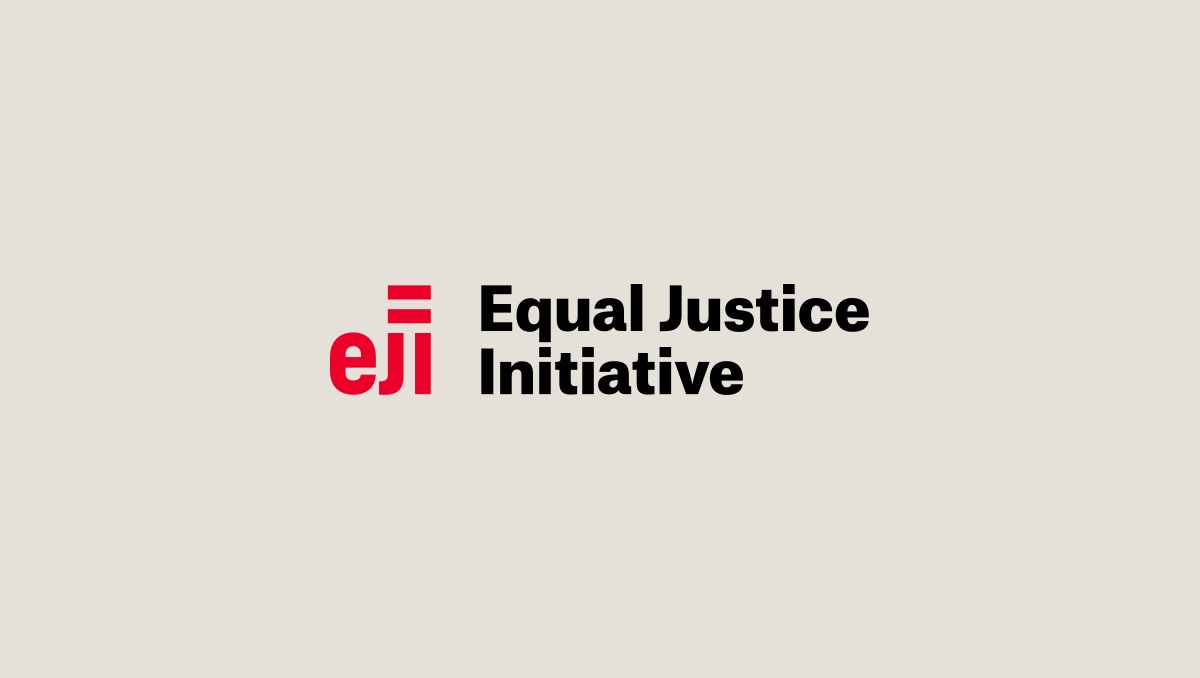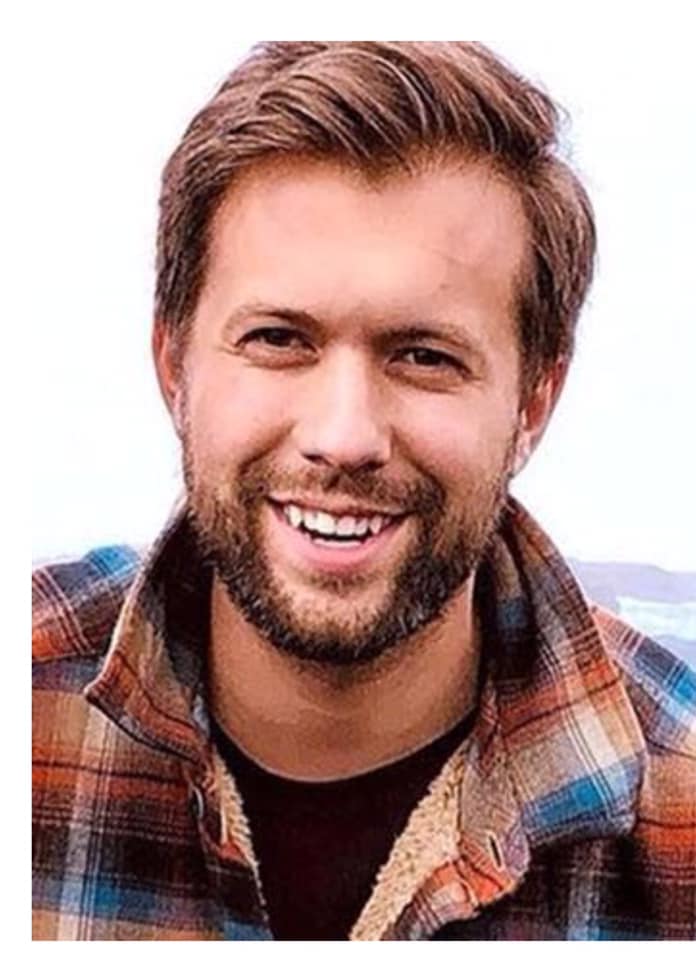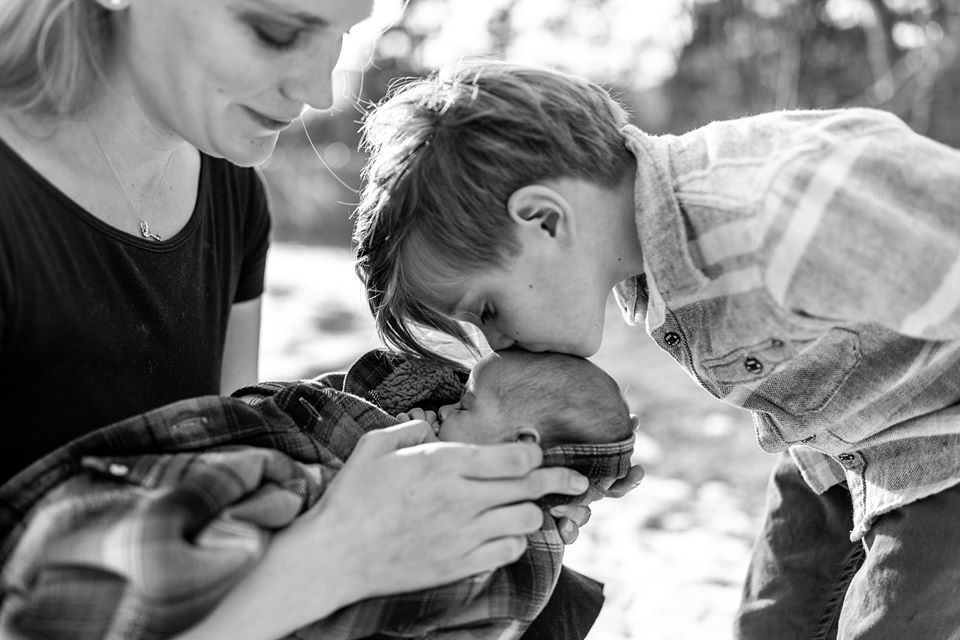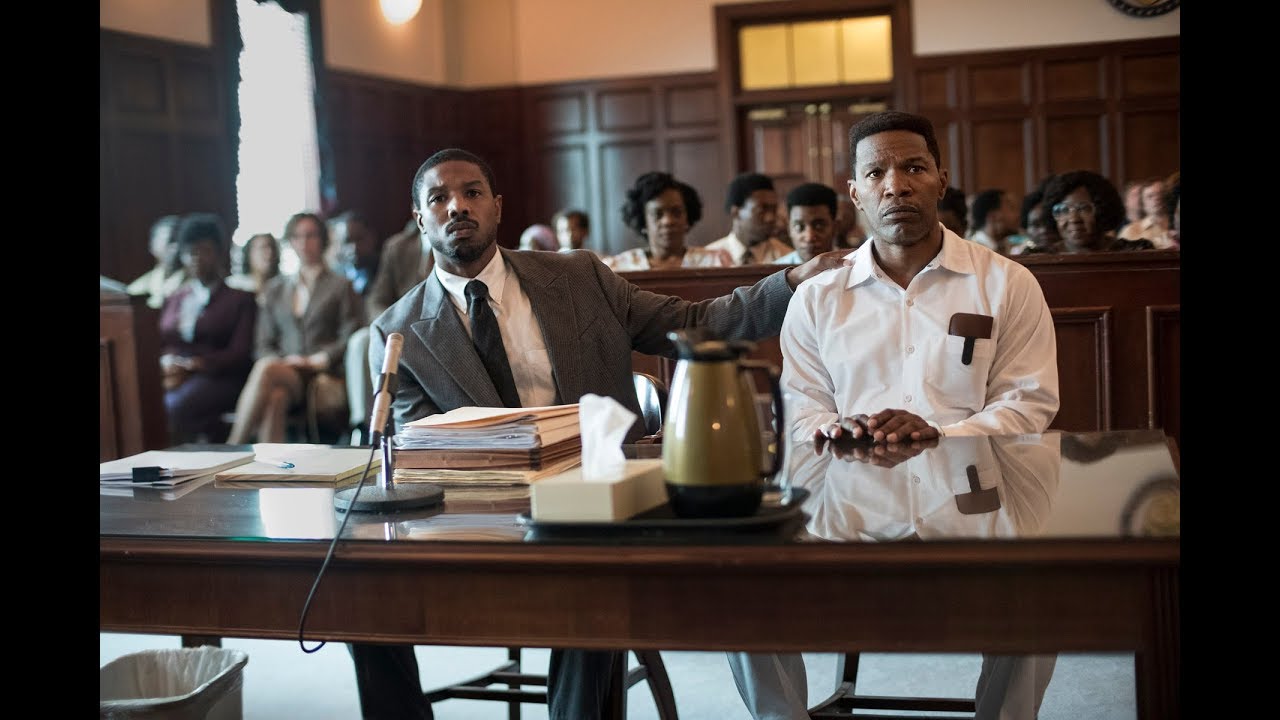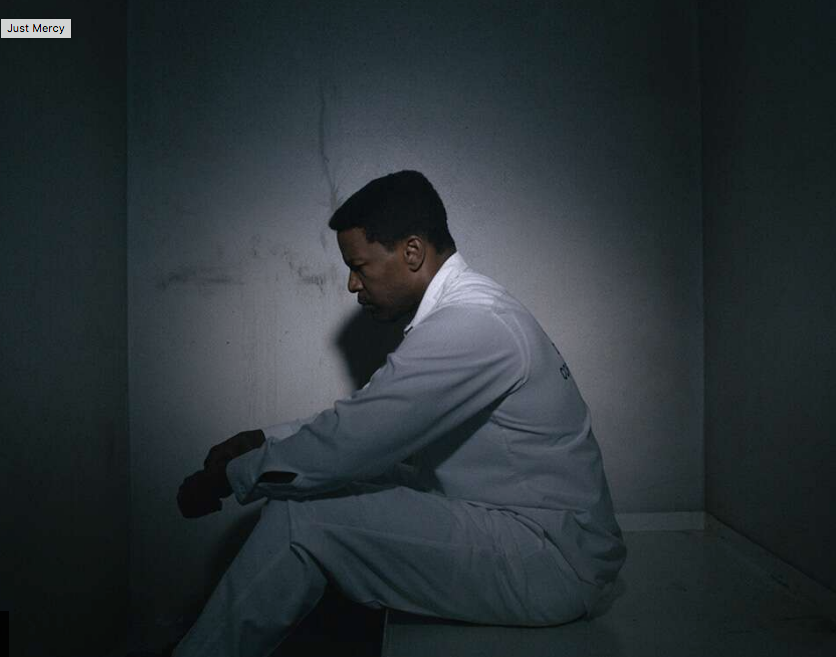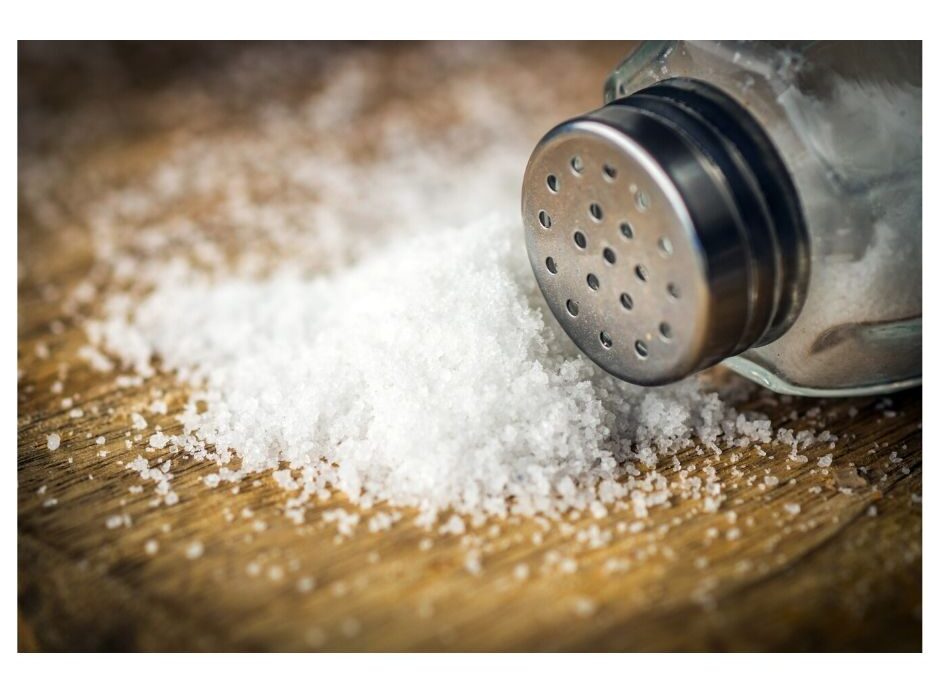
Salting Your Way to Health?
I recently re-read an article, that I originally read back in 2012, in our Samaritan Ministries Newsletter, that prompted me to change the salt we use in our family. I am reposting it here, with some additional articles from Dr. Brownstein and others, that you may find helpful in your journey to good health.
“Early in my medical career, I accepted the “low salt=lowered blood pressure” hypothesis unquestionably … until … I began to study the medical literature about salt. What I found was astounding; there is little data to support low-salt diets being effective at treating hypertension for the vast majority of people. Also, none of the studies looked at the use of unrefined salt, which contains many valuable vitamins and minerals, such as magnesium and potassium, which are vital to maintaining normal blood pressure.”
Click here to read this very informative article in its entirety:
—Dr. David Brownstein in “Salt Your Way to Health”
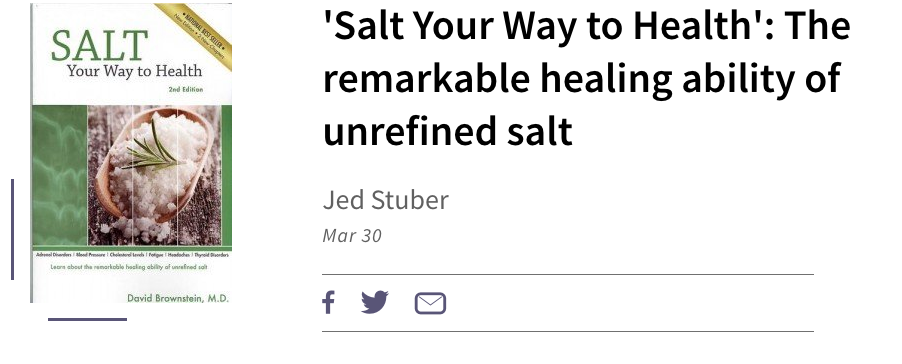
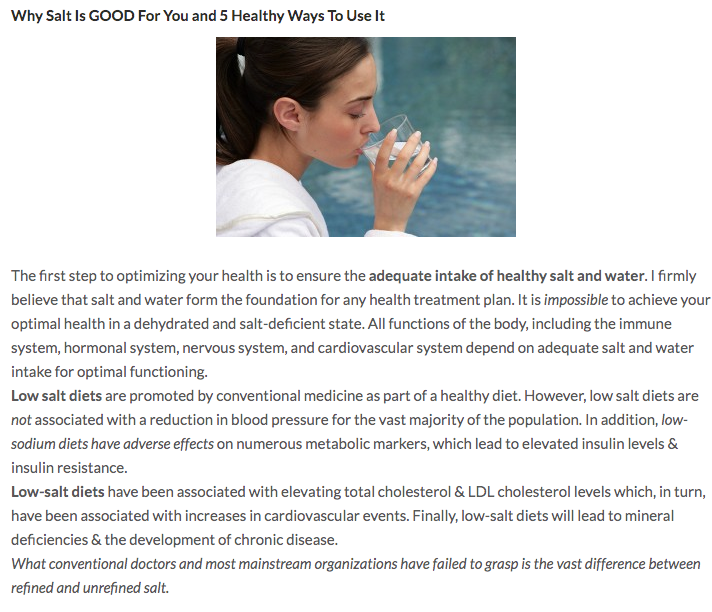
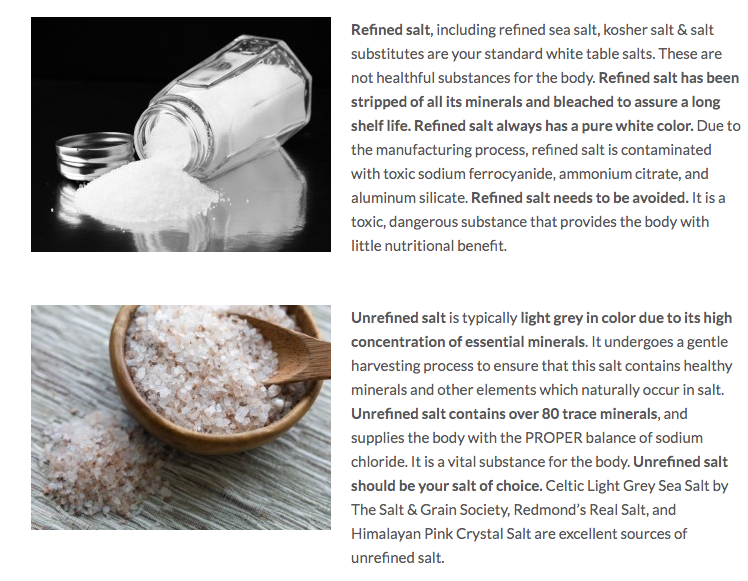
Click here for the rest of the article and helpful suggestions.
Dr. Brownstein recommends Celtic Sea Salt, Redmond Real Salt or Pink Himalayan Salt. These can be found at many grocery stores or online.
Please note that Dr. Brownstein does state that Patients with kidney failure should consult with their physician before adding unrefined salt in their diet.
What is the best type of Natural Salt?
Shaking up the Salt Myth: The Human need for salt
Shaking up the Salt Myth: Healthy Salt Recommendations
So, Please pass that unrefined salt shaker! ![]()
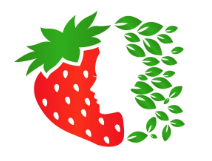

I am follower of Christ, a sinner saved by grace, trying to walk in the sweetness of life – resting in the strength of the triune God, who fortifies me daily with His righteousness, loving kindness and holiness of spirit. Read full bio here.
